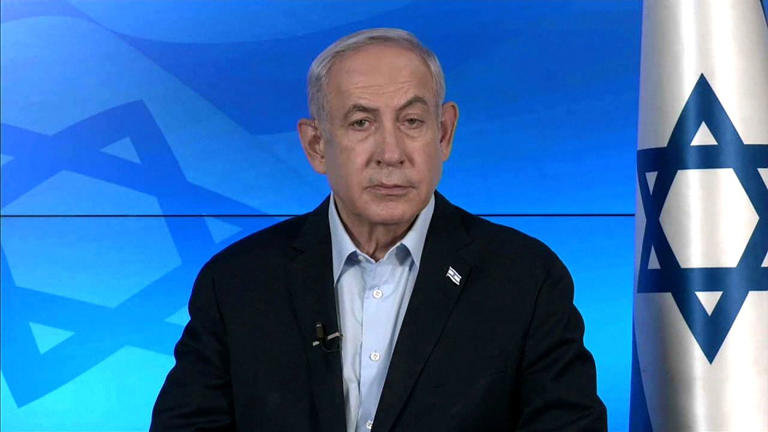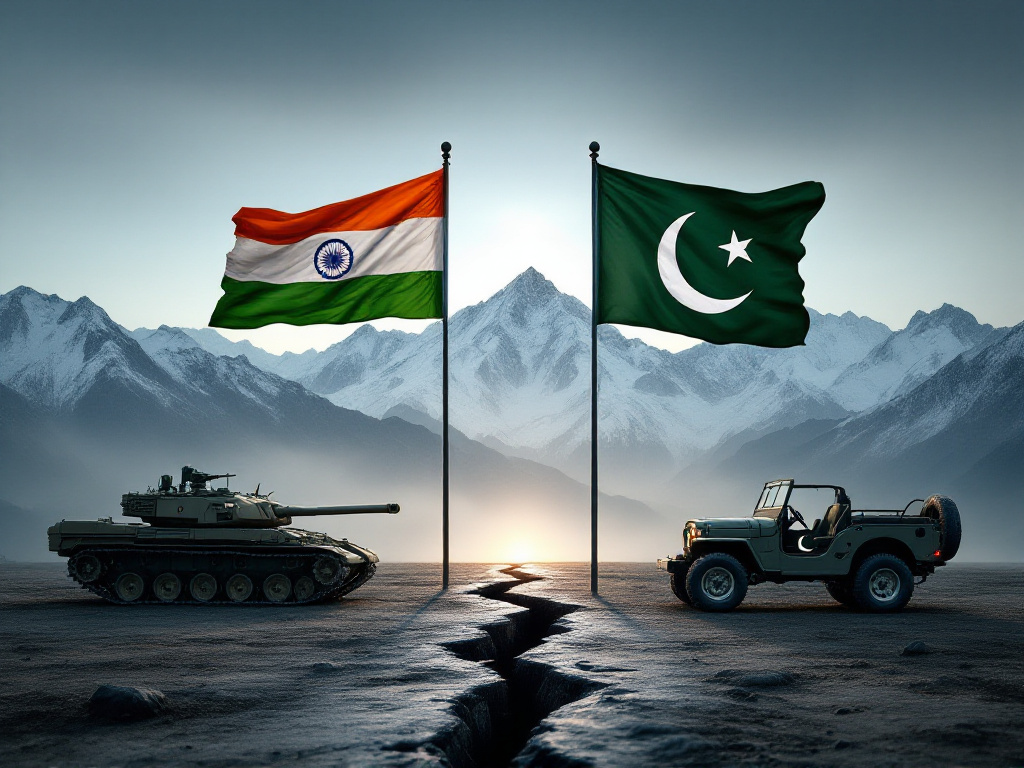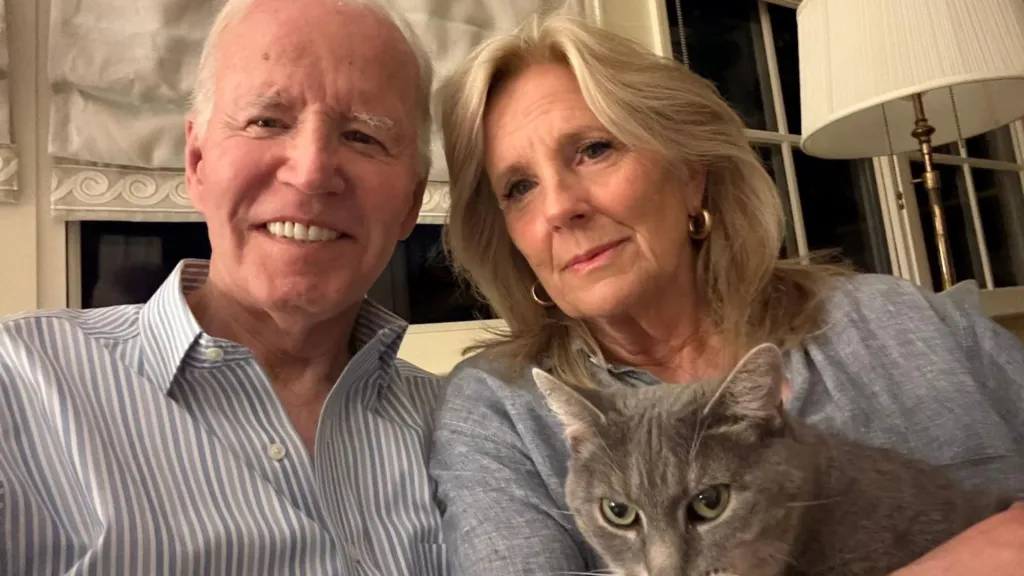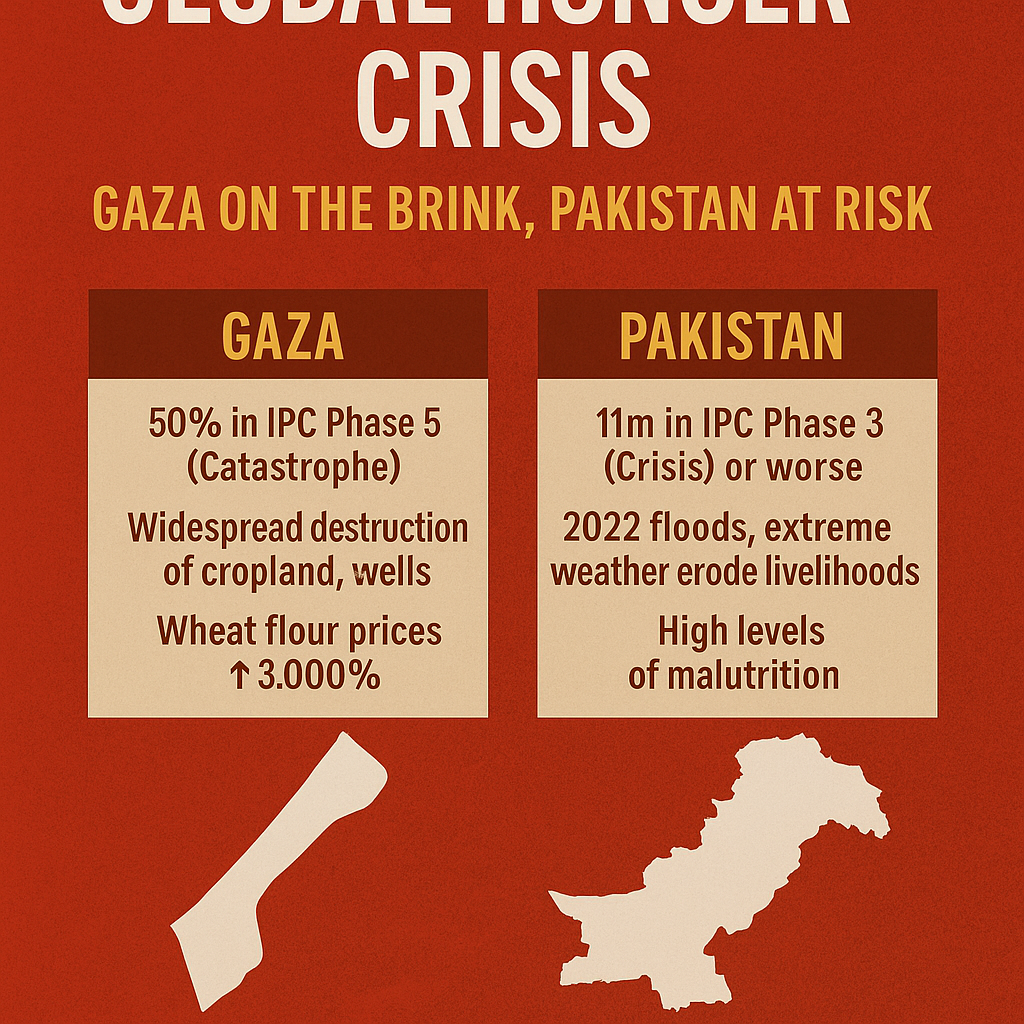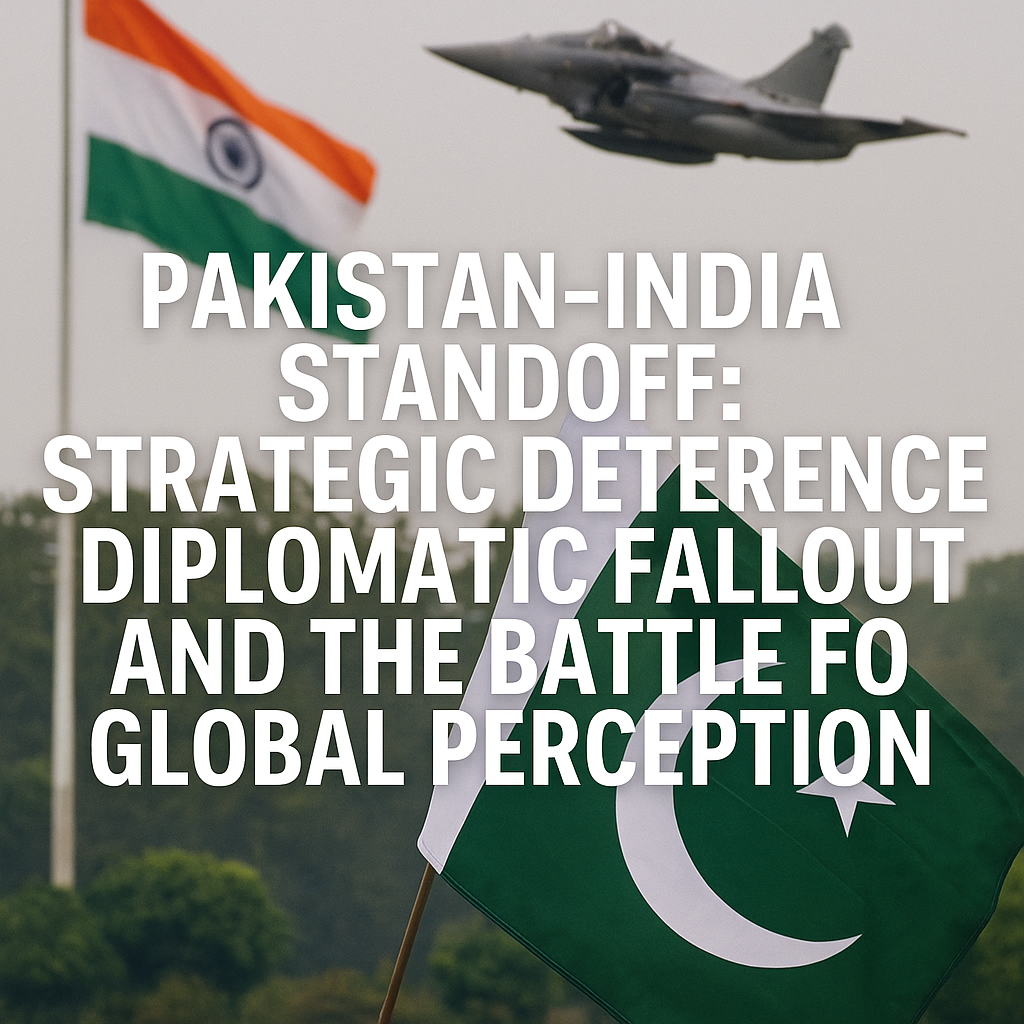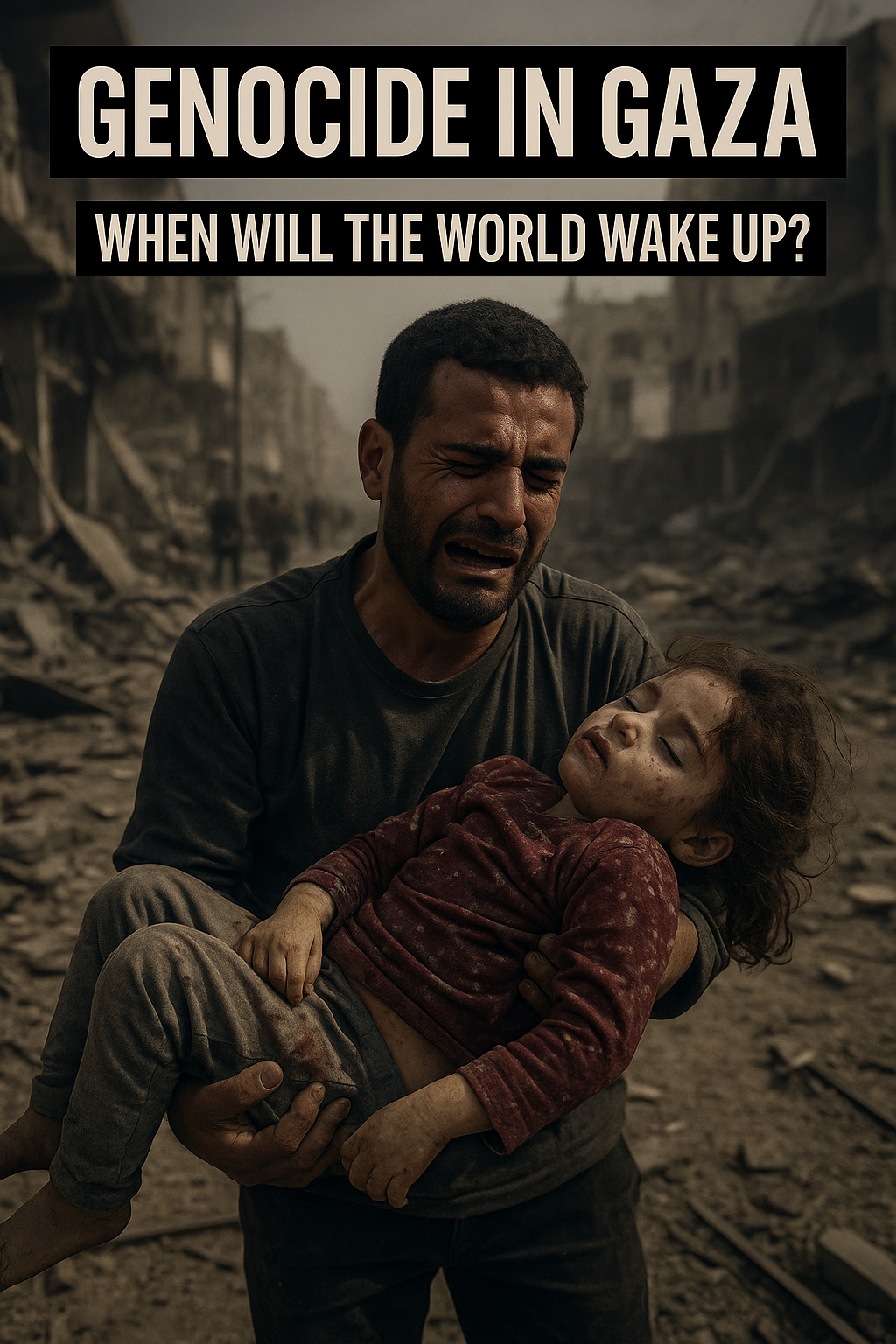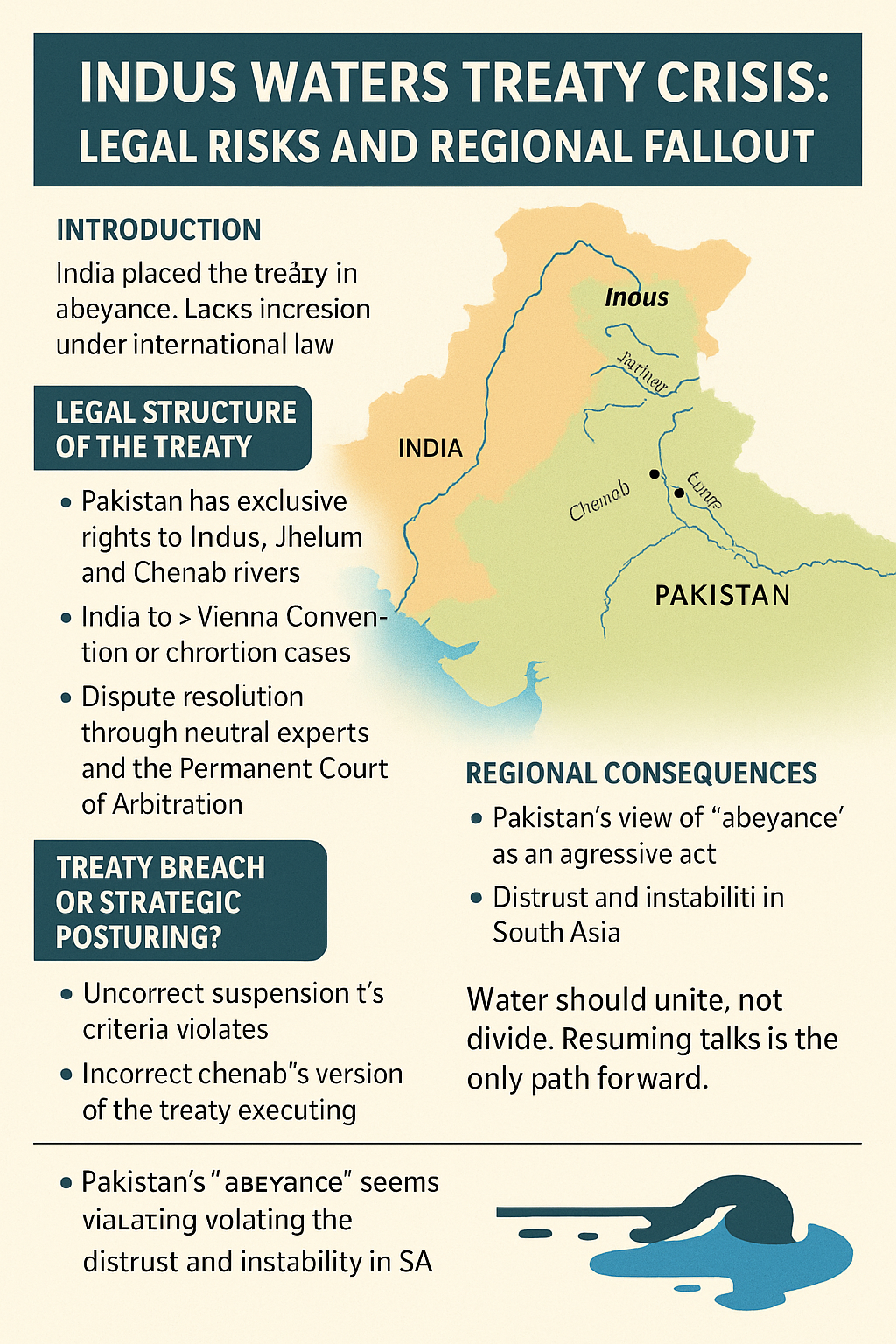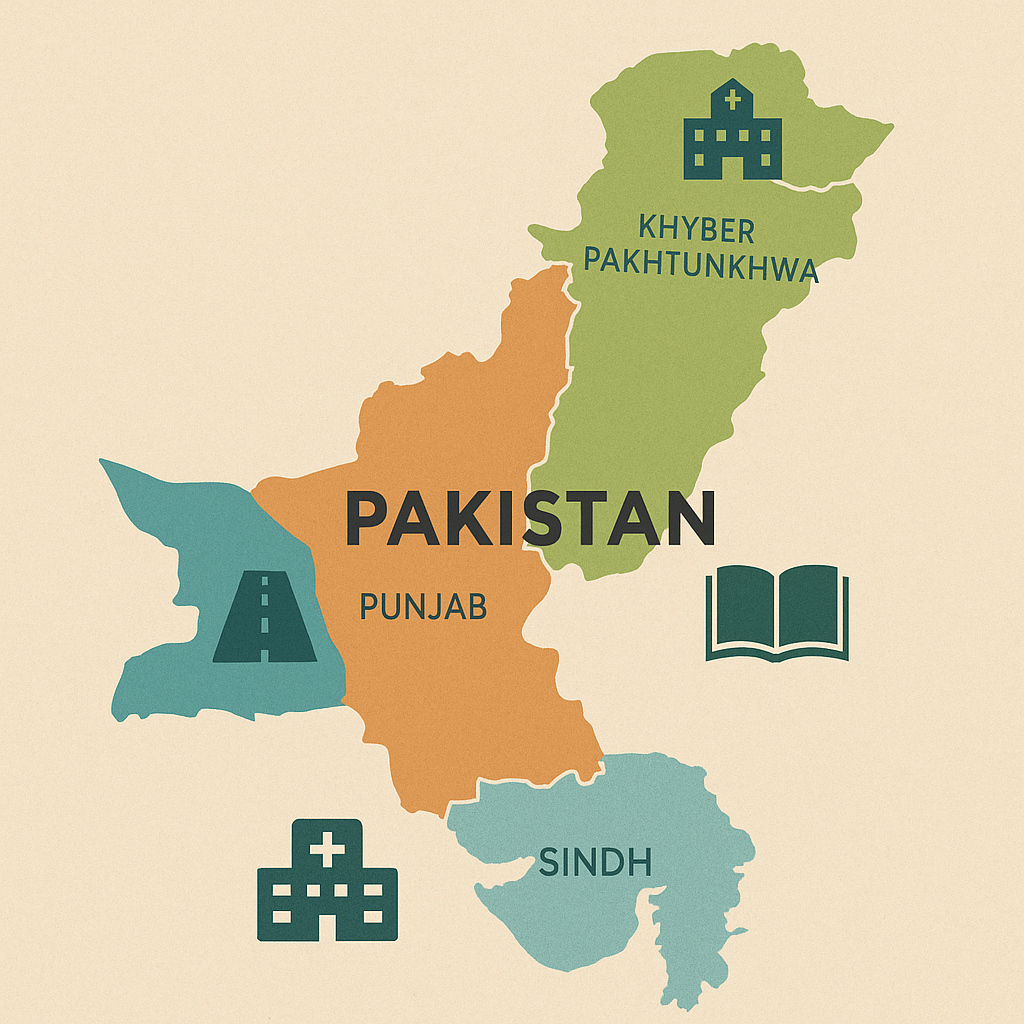As Gaza reels under yet another wave of deadly violence, the world watches with growing alarm. Israel’s newly launched military campaign—titled “Gideon’s Chariots”—has plunged the besieged Palestinian enclave into deeper turmoil, triggering condemnation and urgent warnings from key international players. The offensive, which began just days after former U.S. President Donald Trump’s visit to the region ended without a truce or hostage deal, marks a significant escalation in one of the most enduring and brutal conflicts of our time.
The recent ceasefire agreement between India and Pakistan is a welcome pause in a long and painful pattern of hostilities. While the guns have quieted along the Line of Control, what lingers behind is a deeper, more nuanced battlefield—one shaped by words, perceptions, and information. The role of the media during such times isn’t just to relay bulletins or report from frontlines; it is also to interrogate, reflect, and challenge the narratives we are too quick to accept.
Washington, D.C. – Former U.S. President Joe Biden has expressed heartfelt gratitude for the outpouring of support following the announcement of his cancer diagnosis on Sunday. In a message shared on social media Monday morning, Biden acknowledged the wave of compassion extended to him and his family from across the world.
In football, legends are made in moments. For Dean Henderson, the 2025 FA Cup Final was one of those moments—the kind that echoes through club history and lives on in the hearts of fans forever.
As Crystal Palace lifted their first-ever major trophy, it was Henderson who stood tallest on the grandest stage. His crucial saves, commanding presence, and a game-defining penalty stop helped seal a famous victory, but his journey to Wembley glory has been anything but straightforward.
As we move deeper into 2025, the world is facing an escalating food security emergency. According to the latest Global Report on Food Crises, the number of people experiencing high levels of acute food insecurity is the highest ever recorded. Conflict, economic shocks, and climate disasters are pushing vulnerable populations to the edge—and in some regions, over it.
In the recent military standoff between India and Pakistan, the region was once again on the brink of a full-blown war. While New Delhi sought to reshape the strategic landscape in its favor, Islamabad’s measured yet forceful kinetic response not only thwarted India’s escalation plans but also re-established Pakistan’s conventional deterrence as a credible force under the nuclear overhang. The standoff sent a clear message: Pakistan will respond decisively if provoked, and the costs for India could outweigh the gains in any future conflict.
With more Israeli forces than ever now deployed inside Gaza, and a fresh call-up of reservists, the situation has shifted from dire to devastating. Gaza is now under a relentless siege—cut off from food, water, medicine, and electricity for over six weeks. Despite warnings from the UN, WHO, and multiple human rights watchdogs about the imminent threat of mass starvation, the aid blockade remains firmly in place.
For over six decades, the Indus Waters Treaty (IWT) has served as a rare example of cooperation between India and Pakistan in a highly strained bilateral relationship. Signed in 1960 and brokered by the World Bank, it distributed control of six rivers: the eastern three (Ravi, Sutlej, and Beas) to India and the western three (Indus, Jhelum, and Chenab) to Pakistan.
Pakistan is a country of diverse ethnic, linguistic, and cultural identities spread across its provinces. Yet, this richness has long been overshadowed by regional disparities and historical grievances. The uneven distribution of resources has led to underdevelopment in several regions, particularly Balochistan, Gilgit-Baltistan, southern Punjab, and parts of Sindh and Khyber Pakhtunkhwa.
“Pharmaceutical giants are quietly patenting funnel-web spider peptides while rural Australians still die from bites. This is the untold story of how nature’s deadliest creatures became a billion-dollar medical commodity – and who’s really benefiting.”
